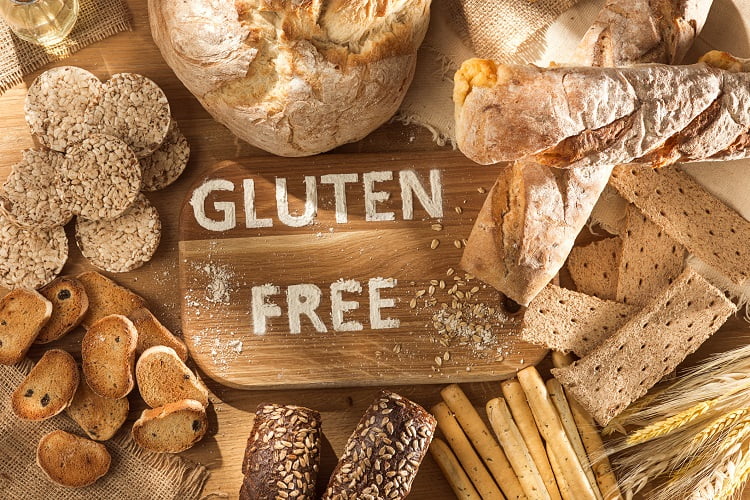 The Wheat Zoomer test is a specialized blood test used to assess immune reactivity to various components of wheat and related grains.
The Wheat Zoomer test is a specialized blood test used to assess immune reactivity to various components of wheat and related grains.
NCGS stands for Non-Celiac Gluten Sensitivity, which is a condition where individuals experience symptoms similar to those of celiac disease but lack the characteristic antibodies and intestinal damage associated with celiac disease.
Wheat Zoomer test detecting NCGS:
The Wheat Zoomer test measures IgG and IgA antibodies against a wide range of proteins found in wheat and related grains. These antibodies are markers of immune reactivity, and their presence may indicate sensitivity to gluten or other wheat components. The test can help identify individuals who may be experiencing non-celiac gluten sensitivity.
Symptoms of NCGS:
The symptoms of NCGS are diverse and can vary from person to person. Some common symptoms include:
- Digestive issues: Abdominal pain, bloating, diarrhea, constipation, and flatulence.
- Fatigue and brain fog: Feeling tired, sluggish, and having difficulty concentrating or thinking clearly.
- Headaches: Frequent or severe headaches and migraines.
- Joint and muscle pain: Unexplained joint pain and muscle aches.
- Skin problems: Itchy skin, rash, or eczema.
- Mood changes: Anxiety, depression, irritability, and mood swings.
- Nausea and vomiting: Feeling nauseous or vomiting after consuming gluten-containing foods.
It is important to note that these symptoms can also be caused by other conditions, so a proper diagnosis is essential.
How identifying NCGS can heal your gut: Identifying NCGS is crucial because it allows individuals to make necessary dietary changes that can help heal the gut and alleviate symptoms. The primary treatment for NCGS is a gluten-free diet, which involves avoiding foods containing wheat, barley, rye, and other gluten-containing grains. By eliminating gluten from the diet, the intestinal lining can heal, reducing inflammation and improving gut health.
Healing the gut involves a multifaceted approach, including:
- Elimination of gluten: Removing gluten-containing foods is the most crucial step in managing NCGS. This may involve reading food labels carefully and being cautious about cross-contamination in food preparation.
- Nutrient-rich diet: Emphasizing nutrient-dense whole foods, such as fruits, vegetables, lean proteins, and healthy fats, can provide essential nutrients for gut healing.
- Probiotics: Introducing beneficial gut bacteria through probiotic supplements or fermented foods may aid in restoring gut flora balance.
- Managing stress: Chronic stress can negatively impact gut health, so stress management techniques like meditation, yoga, and relaxation exercises can be beneficial.
- Professional guidance: Working with a healthcare professional, such as a dietitian or nutritionist, can provide personalized guidance and support during the healing process.
It’s important to remember that NCGS is a medical condition, and self-diagnosis should be avoided. If you suspect you have NCGS or are experiencing digestive issues or other related symptoms, I’d love to hear from you. Book a Complimentary Consult below and let’s figure out if a Wheat Zoomer test would help you identify if you have NCGS.




